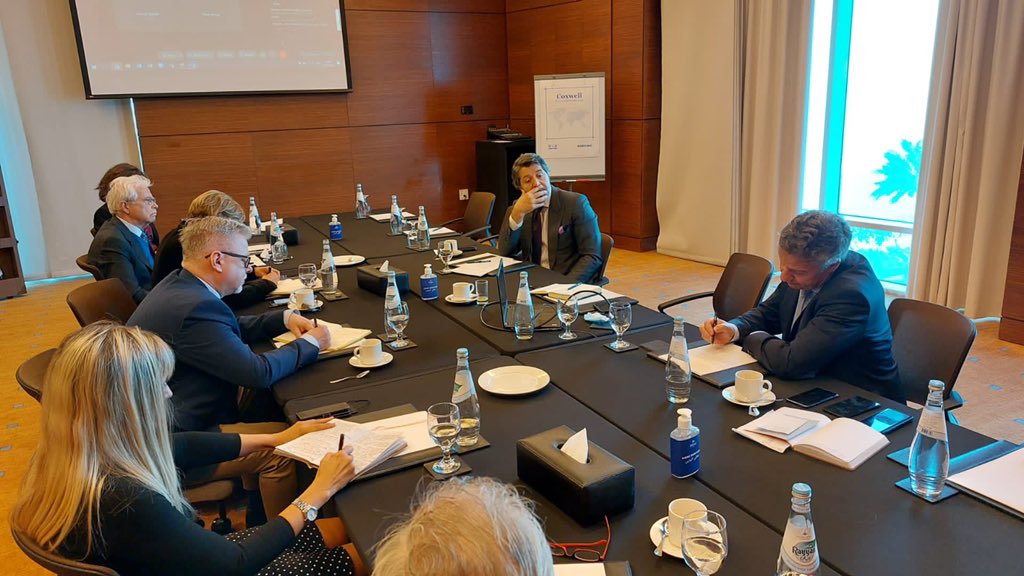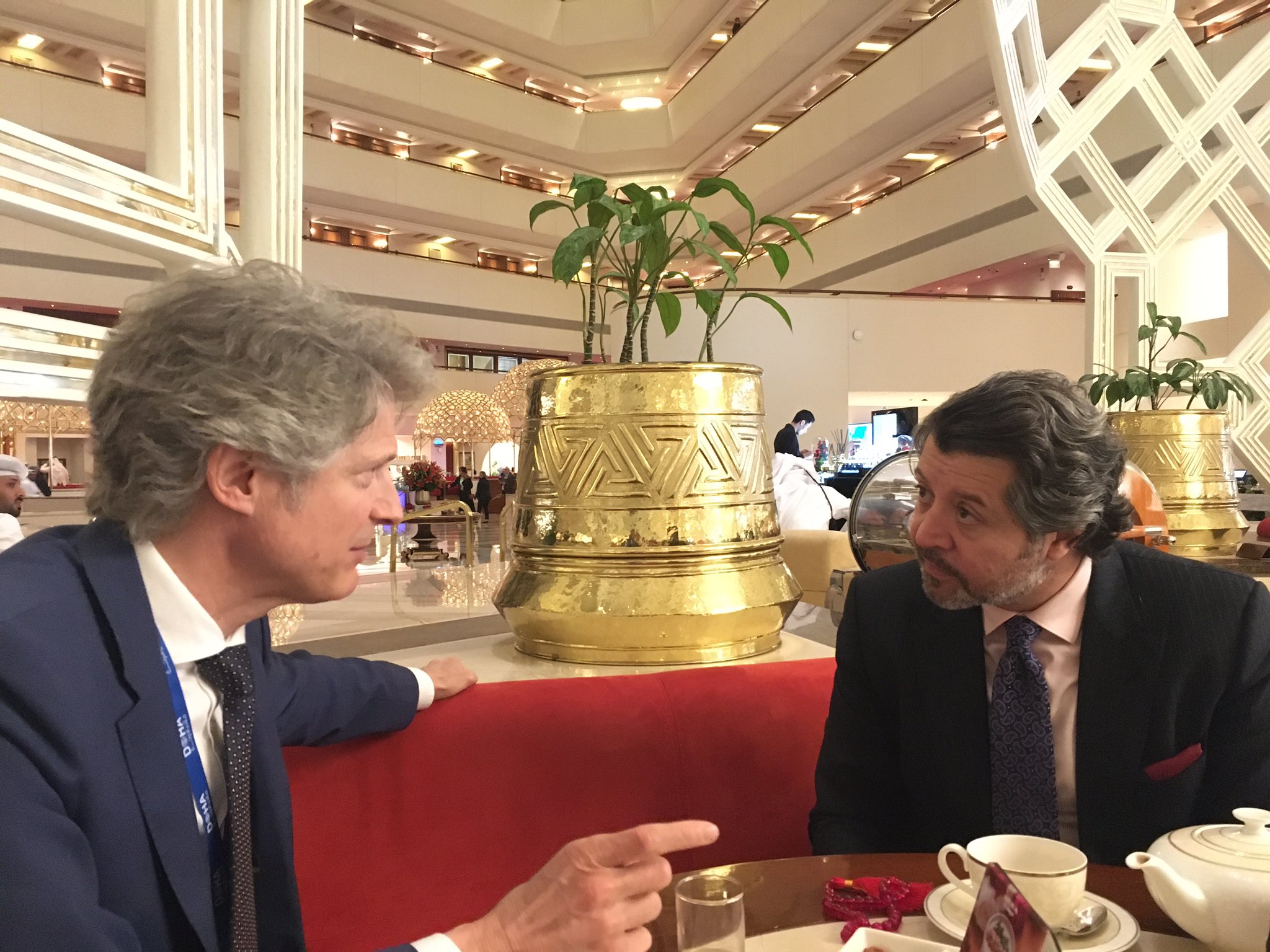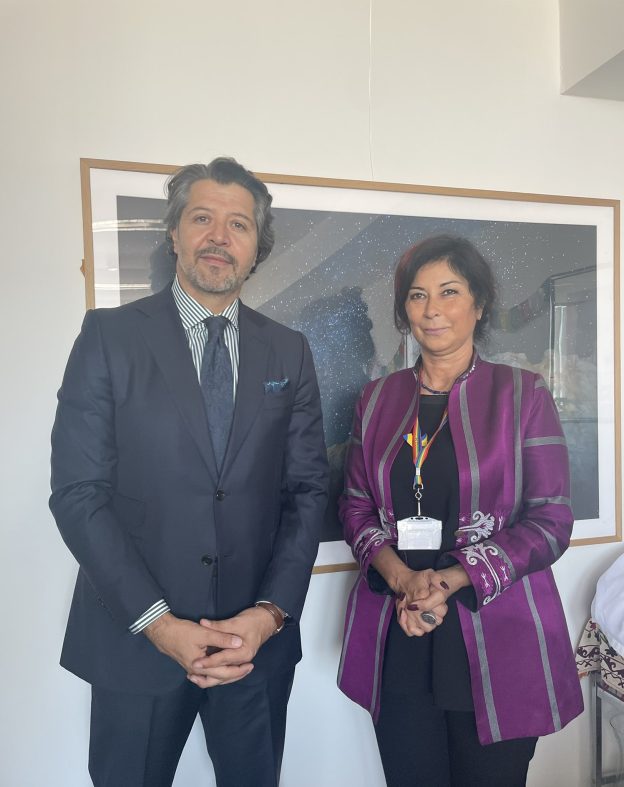Mar 20, 2011
9-11 February, 2011.
Centre for Conflict and Peace Studies (CAPS) participated in the Regional Network of Strategic Studies Centres (RNSSC), Near East South Asia Centre for Strategic Studies, working groups on R3 (Reconciliation, Reintegration and Reconstruction) and Issues of Governance: Corruption working group meetings held in Rome, on 9-11 February, 2011 in Rome, Italy.
Mr. Hekmat Karzai, Director of CAPS co-chaired the 3R working group and Miss. Mariam Safi, Head of Research at CAPS was a participant of the 3R working group. In the first and second session of the 3R working group, participants were asked to provide an informed and personal assessment of the views resident in their respective countries as they understand them on the issues relevant to R3 in Afghanistan. In the concluding session of 3R working group meetings, the participants of the 3R working group along with the guidance of the Chairs outlined the groups plan forward along with key recommendations for the future workings and objectives of this group.
The plan forward entails a two day meeting which is anticipated to be held in Kabul, Afghanistan, which will have the participants of the 3R working group present the ideas and suggestions they have been working on since the inception of the 3R working group in November 2010 to President Hamid Karzai and the High Peace Council. Furthermore, a key recommendation suggested in the meeting in Rome was the creation of an official Afghan Peace Process Support Group by the 3R Working Group to assist the High Peace Council and to continue building upon the work thus far conducted as part of the 3R working group.
Mr. Sayed Maisam Wahidi, a senior research analyst at CAPS, was a participant of the Governance working group where he discussed relevant issues pertaining to governance and corruption in Afghanistan. In the Governance working group, experts from various think-tanks and policy makers representing South Asia and Middle East Strategic Centres came together and discussed issues related to crime, corruption and security while presenting case studies from their regions. The Governance working group created an opportunity for participants to exchange views and learn from different case studies and experiences in order to learn from other case studies and apply plausible solutions to tackle corruption in their own nations. In addition, members of the working group also discussed the crisis in Tunisia and Egypt highlighting how corruption was an issue that pushed people to the streets in these respective nations.
Mr. Wahidi highlighted the weak performance of the Afghan government stressing upon the lack of capacity within state institutions and how this would pose a key challenge in the transitioning of security responsibilities from NATO to Afghans by 2014 in the near future. Mr. Wahidi also talked about the systematic corruption and existence of power brokers in Afghanistan that prevent the rule of law from extending to all corners of the country. He also highlighted some of efforts, such as the establishment of High Office of Oversight and Anti Corruption, ratification of Anti-corruption convention and several presidential decrees which Afghan government has thus far employed to tackle these issues as part of this case study.





Leave A Comment